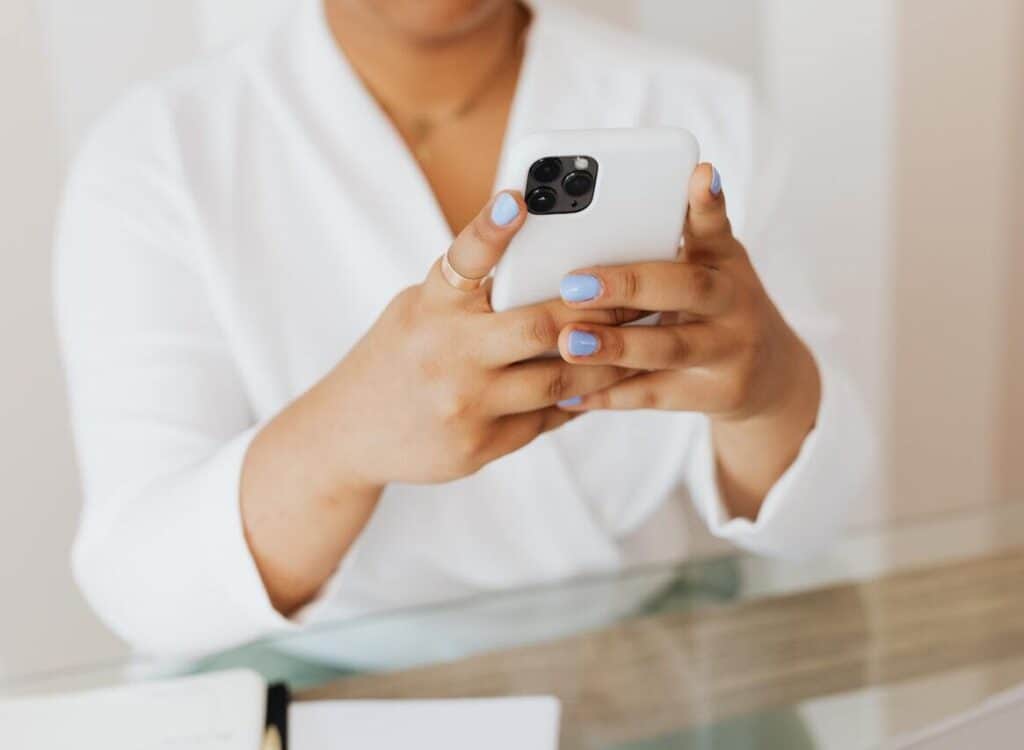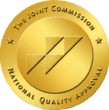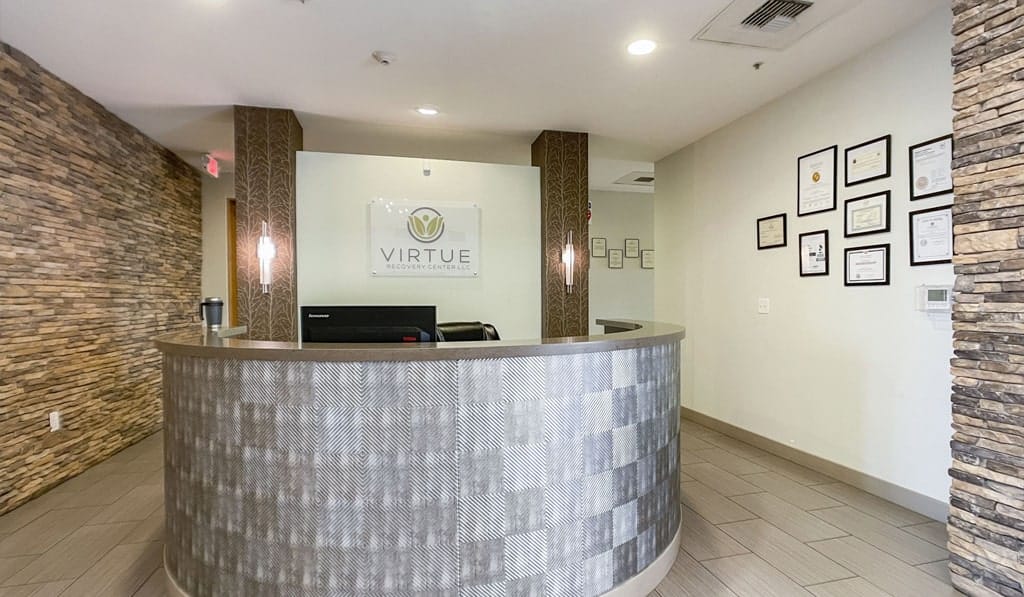Do Rehab Centers Allow Cell Phones?
Different rehab centers have varying policies regarding the use of cell phones. The specific facility and its guidelines determine whether limited or supervised cell phone use is permitted or strictly prohibited. These policies and rehab centers aim to create an environment that supports focused treatment, minimizes distractions, and reduces potential negative influences.
It is essential to understand the primary objective of a rehab center is to provide a supportive and immersive environment to concentrate on your recovery. Electronic devices, including cellular phones, may distract, tempt, or trigger, especially if any content or usage is associated with your substance abuse or unhealthy, unproductive behaviors. Call 866-461-3339 to learn more about our wireless communication policies. If you’re not sure whether you or a loved one has an addiction problem, you can get in touch for a drug and alcohol assessment at a Virtue Recovery Center near you. Check out our rehabs near you that may accept Insurance.









